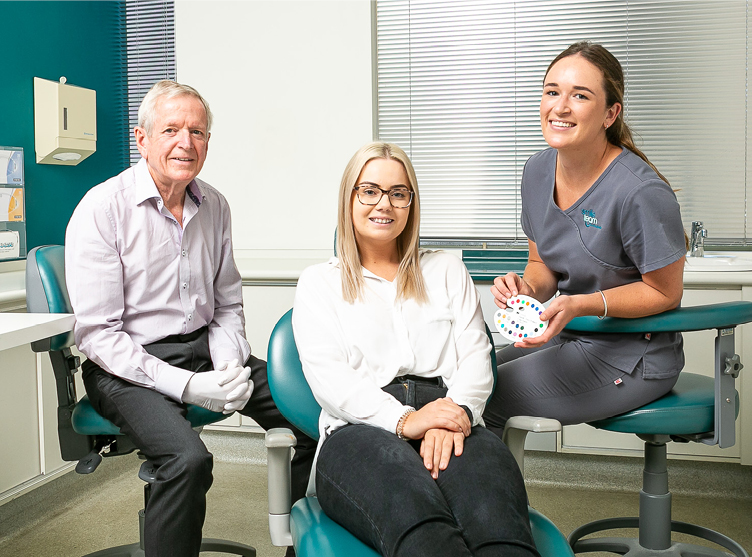
Pain and discomfort are common side effects of wearing braces, but that doesn’t mean you have to suffer throughout the treatment process. You can use various tips and tricks to help relieve the pain associated with your braces. From over-the-counter medications to at-home remedies, there is something out there for everyone to find relief. Read on for our guide on relieving braces pain to be more comfortable every day!
Why do braces hurt?
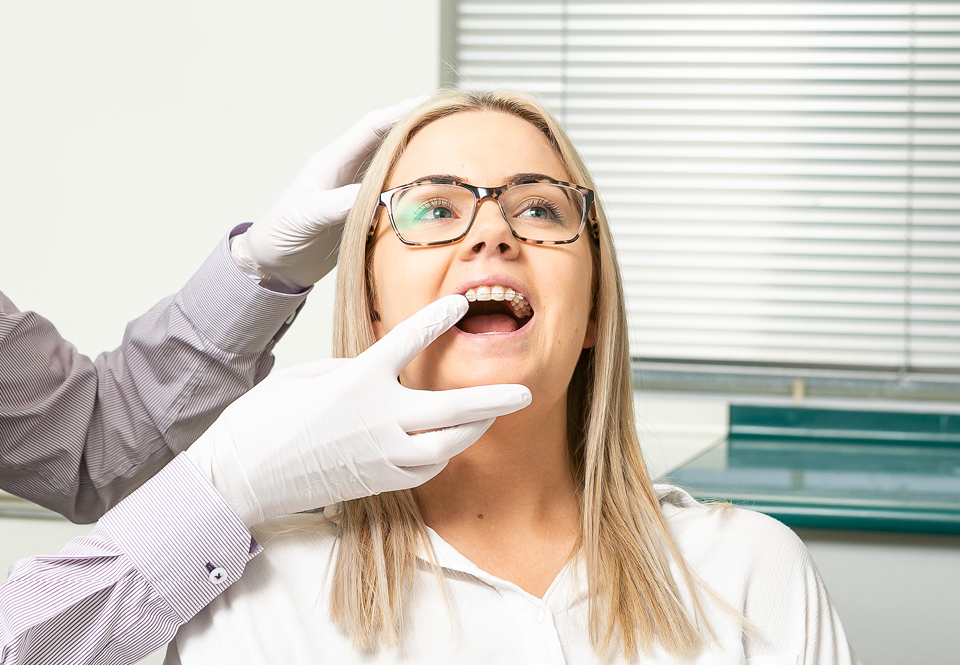
Feeling pain and discomfort after getting braces is completely normal as your mouth and body adjusts to the changes. Your mouth needs time to get used to the feeling of new braces, which can cause swelling and the mouth to feel sore. Furthermore, when your orthodontist tightens the wires during each appointment to shift your teeth, it can often bring about additional pain.
Braces Pain Relief Tips
This blog post provides tips and tricks to relieve braces pain. Discomfort is a common side effect patients experience while wearing braces, but there are ways to help reduce this pain. From over-the-counter medications to at-home remedies, these tips will help you ease some of the pain and discomfort.
Saltwater Rinse
Saltwater is a common remedy for wounds and can help reduce inflammation, and is also a great pain relief during your treatment. Warm salty water also helps to reduce swelling, which can help with discomfort. Mix one teaspoon of salt into a cup of warm water, then swish the warm rinse mixture around your mouth for about 30 seconds before spitting it out.
Orthodontic Wax
Orthodontic wax is a great way to relieve discomfort and irritation from braces, particularly after having braces tightened. Roll a small piece of the soft wax between your fingers to warm it up, and then apply it directly onto the brackets or wires that are causing discomfort. The dental wax will help create a barrier between the metal and your inner cheeks, so there isn’t as much friction when you chew foods or move your mouth.
Cold Compress
Applying a cold compress like an ice pack to sore teeth or the area where your braces are causing the most pain is an excellent way to relieve that mild discomfort. The ice pack will help numb any areas affected by soreness or inflammation while keeping your mouth cool and reducing swelling. You can also try sipping on cold ice water.
Over-the-Counter Pain Relievers
Over-the-counter medications like ibuprofen or acetaminophen can help with braces pain relief. However, it’s important to follow the instructions on the packaging and not exceed the recommended dose.
What foods to eat and avoid?
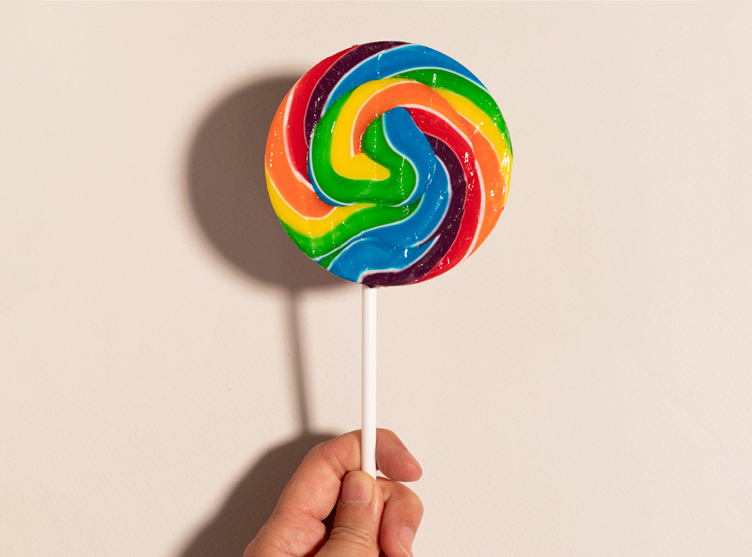
Having braces can mean adjustment your diet, as some foods may be difficult or painful to eat. Pay attention to the types of food you eat and how they can affect your braces.
Soft Foods
Soft foods are your best bet when you’re dealing with braces pain. These foods are easier to chew and digest, so they won’t aggravate the discomfort caused by additional pressure on your teeth from braces. Soft foods include mashed potatoes, soup, oatmeal, and scrambled eggs. Soft cold foods such as ice cream or yoghurt can be very soothing to a sore mouth, however some may find their teeth too sensitive for this.
Hard and Sticky Foods to Avoid
Hard and sticky foods should be avoided when you have braces, as they can damage the wires and brackets and cause pain. In some instances, hard food can even lead to broken brackets or wires. Examples of these types of food include chewing gum, popcorn, hard sweets or lollies, chewy granola bars, toffee, and nuts.
There is so much food you can still enjoy while wearing braces, and it’s important to eat soft foods so that you don’t experience any further pain or discomfort. If you find yourself in a situation where sticky and hard foods are unavoidable, brush your teeth and floss afterwards!
How can I maintain proper oral hygiene?
Oral hygiene is extremely important when you have braces. Brushing and flossing your teeth at least twice a day is essential to prevent cavities, gum disease, and other dental health problems. Be sure to visit your general dentist regularly during your treatment for a thorough check up and clean!
Brushing with Braces
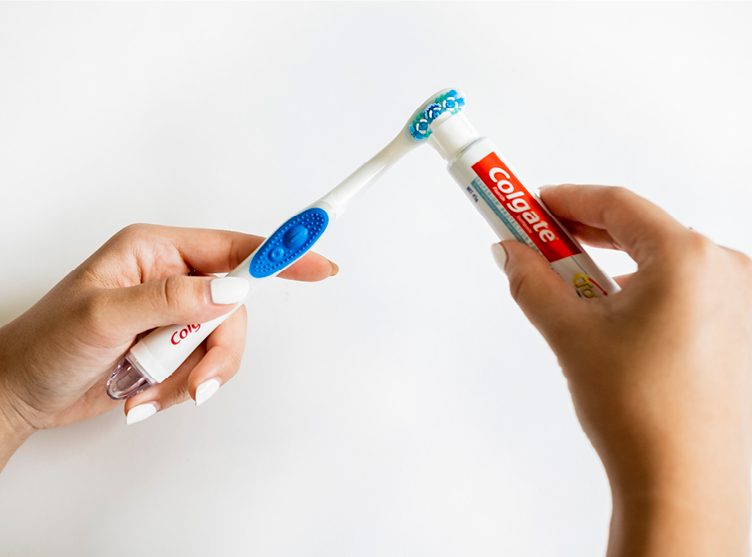
When you brush your teeth, try opting for a soft-bristled toothbrush and fluoride toothpaste. You should brush all surfaces of your teeth, including the wires and brackets. You can also use an interdental or orthodontic brush to help get into those hard-to-reach areas between crooked teeth and the wires and brackets.
Flossing with Braces
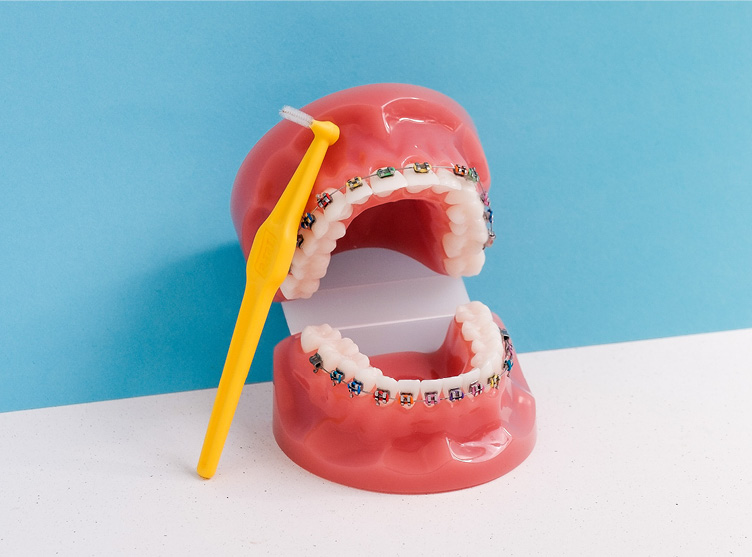
Flossing is also essential for keeping your mouth clean while wearing braces. Floss threads easily through the spaces between the wires and brackets. You can also use a floss threader or interdental brush to get to those hard-to-reach areas.
Other Tips to Improve Oral Health
- You should also use mouthwash daily to help reduce plaque and bacteria in your mouth.
- Have regular dental check-ups even while you have braces so that any potential problems can be identified and resolved quickly.
- Drinking more water can also help keep your mouth hydrated and reduce the bacteria in the mouth.
- Do your best to limit sugary and acidic foods and beverages, as they can lead to tooth decay.
With these helpful tips for good dental hygiene, you can keep your teeth and gums healthy and pain-free! And finally, don’t forget to have fun with it – braces are a great way to express yourself and show off some personality with coloured elastic bands. Good luck, and enjoy the treatment process to straighter teeth!
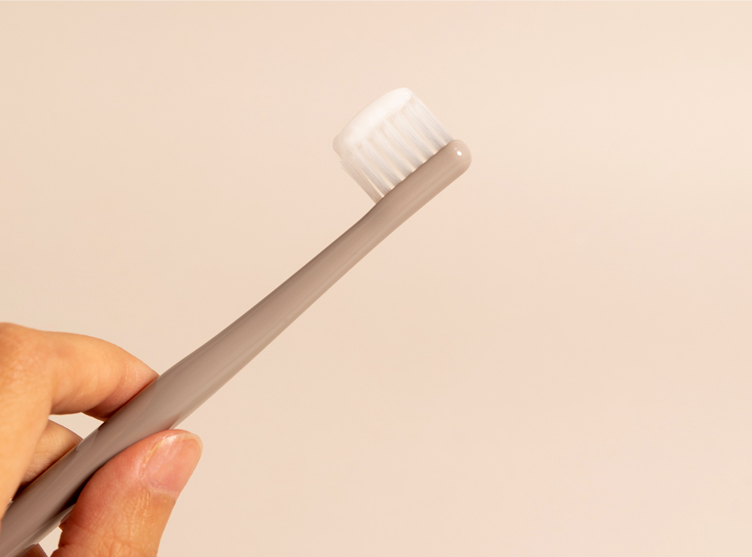
When to Call Your Orthodontist
While braces pain is common, you should always be aware of warning signs that could indicate a more serious issue. If the pain persists over two days or worsens over time, contact your orthodontist.
Other warning signs to look out for include:
- Redness and swelling around the area of the braces.
- Difficulty speaking or eating.
- Any changes in the colour or texture of your lips.
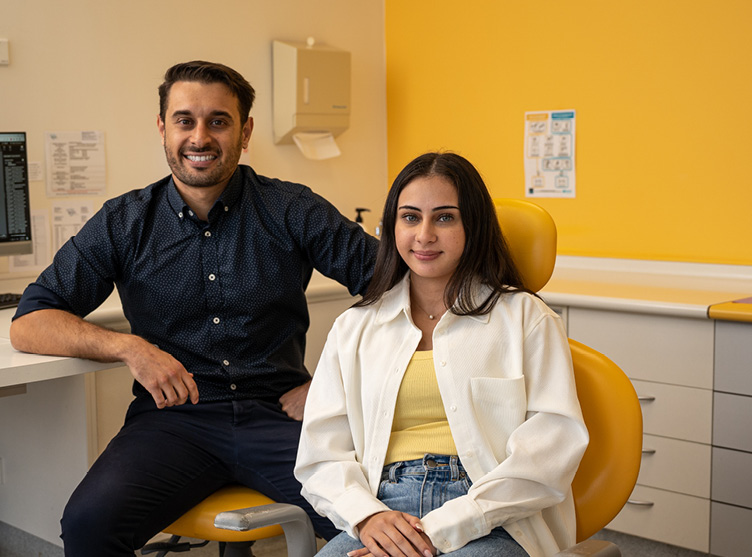
If you experience any of these symptoms with braces pain, contact your orthodontist immediately, as they can help to alleviate pain and diagnose and advise an orthodontic treatment to treat the issue quickly.
Conclusion
Braces pain is common and can be managed with proper care and attention. Soft foods and pain relievers are your best bet if your braces hurt during orthodontic treatment, while sticky and hard foods should be avoided. It’s also important to practice good oral hygiene by flossing, using mouthwash and brushing your teeth twice daily.

If the pain persists beyond two days or worsens over time, contact your orthodontist immediately to prevent further damage or complications. With these tips in mind, you can enjoy your braces without worrying about experiencing any more pain than necessary!